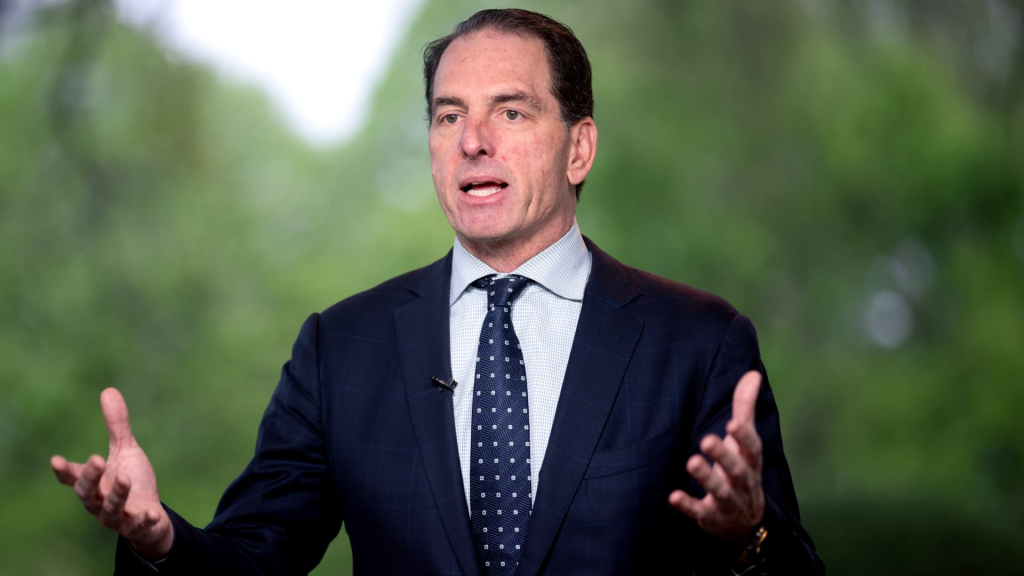On Monday, Deputy Treasury Secretary Michael Faulkender addressed the ongoing trade negotiations under the Trump administration, asserting that significant progress continues to be made and that the administration is nearing the completion of several deals.
Speaking on Finance Newso’s “Squawk Box,” Faulkender stated, “As long as we continue to make progress, I think you’re going to see a lot more deals that are announced prior to that July 9 time frame.”
Previously, President Donald Trump had announced a temporary suspension of reciprocal tariffs on most U.S. trade partners for 90 days, delaying the implementation of these levies until early July.
At the time of the announcement, the administration expressed ambition to finalize “90 deals in 90 days.”
However, nearly two months following this declaration, the only agreement publicized by the White House has been with the United Kingdom.
Despite this, senior Trump advisors have indicated that there are no intentions to extend the 90-day deadline. Faulkender emphasized the administration’s goal of concluding as many discussions as possible before the expiration of the pause, while acknowledging that negotiations can be complex.
“We want to see that we reach at least terms of an agreement prior to the expiration of that pause,” he explained. He added that as long as trade partners continue to show goodwill and make progress, announcements regarding new deals will follow.
“We look to make announcements and bring some resolution, both to the American people and to markets, as quickly as we can,” he continued.
Faulkender also revealed that negotiators are making substantial strides with a couple of nations and expect to reach agreements shortly.
Meanwhile, major U.S. stock indices started the week on a downward trend, primarily due to rising investor concerns over escalating tensions in trade relations between the U.S. and China.
After a brief period of de-escalation following recent discussions in Switzerland, tensions resurfaced last week. The Trump administration accused China of not upholding a preliminary trade agreement by delaying its commitment to export essential minerals to the U.S.
In response, China pushed back against these allegations, asserting that the U.S. had undermined the Geneva agreement by imposing new restrictions on Chinese student visas, among other actions.
Director of the National Economic Council, Kevin Hassett, hinted on Sunday that a direct conversation between President Trump and Chinese President Xi Jinping could take place as early as this week.


























